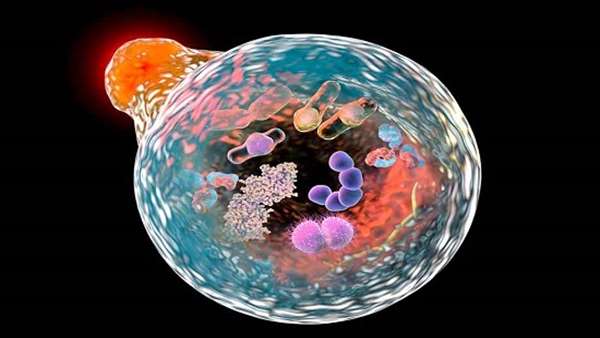Roles of autophagy in controlling stem cell identity: a perspective of self-renewal and differentiation
Autophagy is crucial for the removal of dysfunctional organelles and protein aggregates and for maintaining stem cell homeostasis, which includes self-renewal, cell differentiation and somatic reprogramming.
Autophagy is crucial for the removal of dysfunctional organelles and protein aggregates and for maintaining stem cell homeostasis, which includes self-renewal, cell differentiation and somatic reprogramming. Loss of self-renewal capacity and pluripotency is a major obstacle to stem cell-based therapies. It has been reported that autophagy regulates stem cells under biological stimuli, starvation, hypoxia, generation of reactive oxygen species (ROS) and cellular senescence.
On the one hand, autophagy is shown to play roles in self-renewal by co-function with the ubiquitin-proteasome system (UPS) to promote pluripotency-associated proteins (NANOG, OCT4 and SOX2) in human embryonic stem cells (hESCs). On the other hand, autophagy activity acts as cell reprogramming processes that play an important role for clearance fate determination and upregulates neural and cardiac differentiation. Deregulation of autophagy triggers protein disorders such as neurodegenerative cardiac/muscle diseases and cancer. Therefore, understanding of the roles of the autophagy in stem cell renewal and differentiation may benefit therapeutic development for a range of human diseases.
Reference:https://link.springer.com/article/10.1007/s00441-018-2829-7





ارسال به دوستان